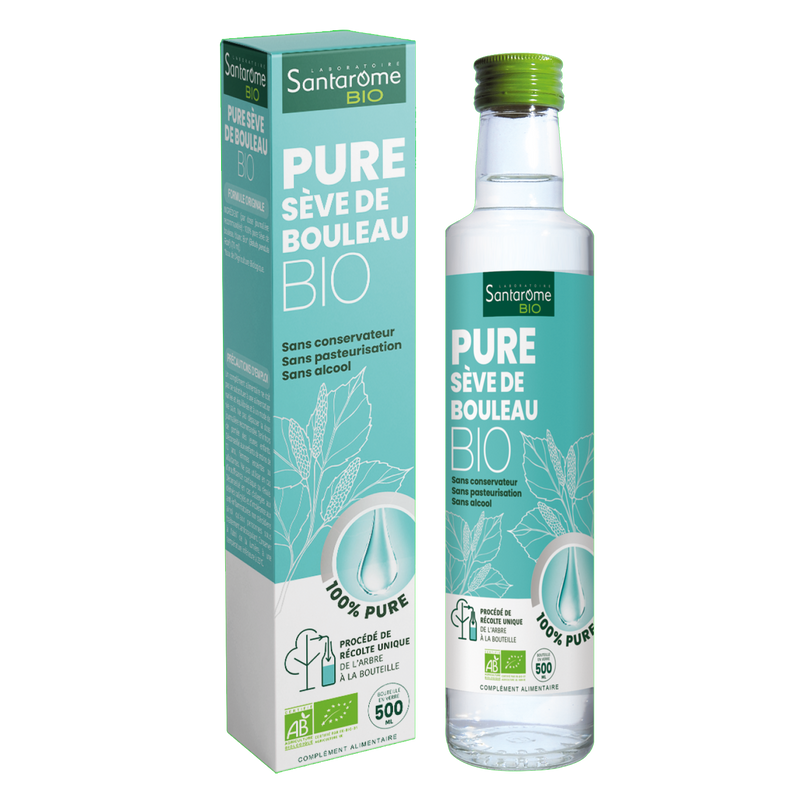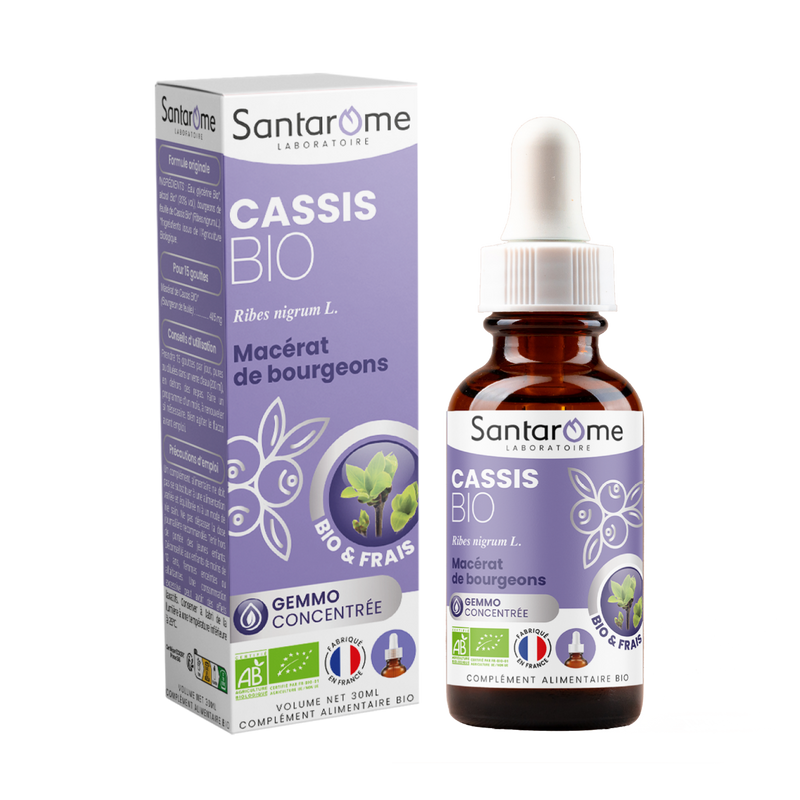In addition to being delicious, blackcurrants are a fruit with many benefits. Rich in antioxidants, vitamins, and minerals, they are ideal for strengthening the immune system.
Anti-inflammatory effects
Blackcurrant is a plant known for its anti-inflammatory effects. Its leaves and berries are rich in anthocyanins, compounds that have been shown to reduce inflammation in the body. Consuming blackcurrant in the form of juice, tea, ordietary supplementscan help relieve the symptoms of various inflammatory conditions. The anti-inflammatory properties of blackcurrant are attributed to its ability to inhibit the production of pro-inflammatory chemicals in the body, which helps reduce swelling, pain, and joint stiffness.
Relieves joint pain
Blackcurrant is also known for its effectiveness in relieving joint pain. By acting on the inflammation associated with this pain, it can help reduce discomfort and improve joint mobility.
Protects cartilage
This berry is also renowned for its ability to protect cartilage. By enhancing joint health and reducing inflammation, it helps preserve cartilage, which is essential for maintaining long-term joint function and flexibility.
Diuretic effects
Finally, blackcurrant also has diuretic effects. This means that it can help stimulate the elimination of toxins and waste from the body by increasing urine production. This property can be useful for reducing water retention.
















